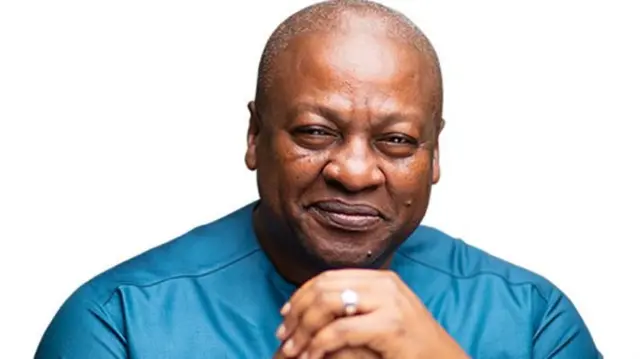The government has announced the introduction of a National Oil Palm Industry Policy under the newly launched Feed Ghana Programme, with a strategic focus on revitalising the country’s palm oil sector. This bold step aims to reduce Ghana’s heavy reliance on food and poultry imports by encouraging farming across schools, institutions, and households while creating opportunities within the oil palm value chain.
During the launch of the Feed Ghana Programme, President Mahama described oil palm as a key crop for economic transformation and referred to it as Ghana’s "brown gold." He stated that with proper support, the country can meet domestic demand and also compete globally, tapping into the projected $65 billion global palm oil market by 2027.
Currently, Ghana produces about 300,000 metric tons of oil palm annually, falling short of the national demand by 150,000 metric tons. The government’s new policy is expected to close this production gap by offering targeted incentives to stakeholders involved in the cultivation processing, and export of oil palm.
This initiative will be implemented in collaboration with the Tree Crop Development Authority, which oversees six key crops including oil palm, cashew, mango, coconut, shea, and rubber. However, special attention is being placed on oil palm due to its high local and international market potential.
President Mahama further addressed Ghana’s food import bill, which stands at $2 billion each year, and highlighted the urgency to produce more locally. He noted that many agro-industries are underperforming due to lack of resources and called for a shift in mindset towards food self-sufficiency.
To encourage practical agriculture, the government will support all senior high schools with available land to engage in crop and livestock farming. Students will also be encouraged to start backyard gardens to grow vegetables like tomatoes, onions, okra, and pepper, reviving the spirit of the historic Operation Feed Yourself campaign.
The broader Feed Ghana Programme also includes several agricultural projects such as the Grains and Legumes Development Project, Vegetable Development Project, Livestock Development, and the Poultry Industry Revitalisation. President Mahama emphasized the urgency of revamping the poultry sector, noting that Ghana spends close to $400 million annually on chicken imports.
With the new oil palm policy and the Feed Ghana Programme in full swing, the government aims to boost food production, reduce imports, and unlock job opportunities for Ghanaians through strategic agriculture.


